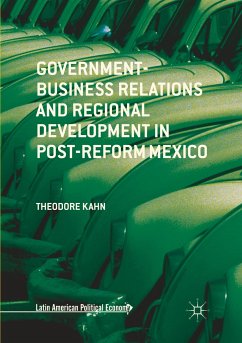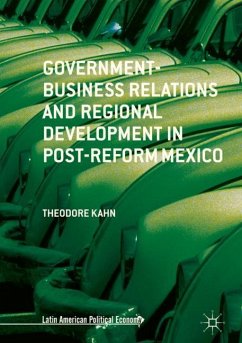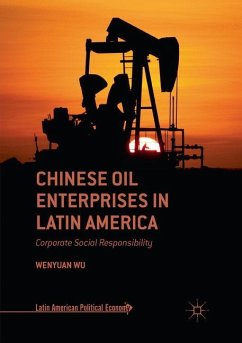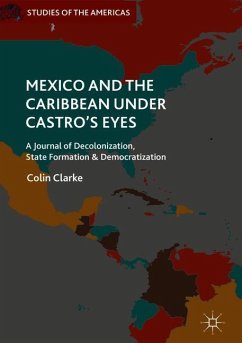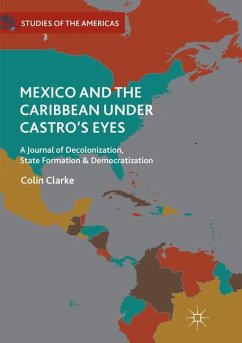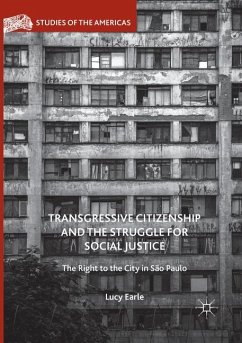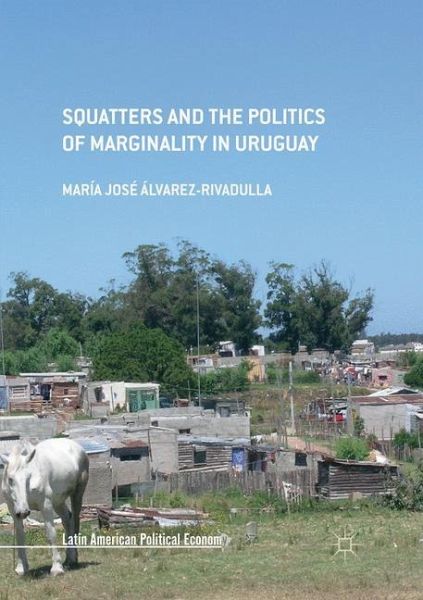
Squatters and the Politics of Marginality in Uruguay
Versandkostenfrei!
Versandfertig in 6-10 Tagen
53,99 €
inkl. MwSt.
Weitere Ausgaben:

PAYBACK Punkte
27 °P sammeln!
This book unveils the political economy of land squatting in a third world city, Montevideo, in Uruguay. It focuses on the effects of democratization on the mobilization of the poorest as well as on the role played by different types of brokers, from radical Catholic priests to local leaders embedded in political networks. Through a multi-method endeavour that combines ethnography, historical sources, and quantitative time series, the author reconstructs the history of the informal city since the late 1940s to the present. From a social movements/contentious politics perspective, the book chal...
This book unveils the political economy of land squatting in a third world city, Montevideo, in Uruguay. It focuses on the effects of democratization on the mobilization of the poorest as well as on the role played by different types of brokers, from radical Catholic priests to local leaders embedded in political networks. Through a multi-method endeavour that combines ethnography, historical sources, and quantitative time series, the author reconstructs the history of the informal city since the late 1940s to the present. From a social movements/contentious politics perspective, the book challenges the assumption that socioeconomic factors such as poverty were the only causes triggering land squatting.





